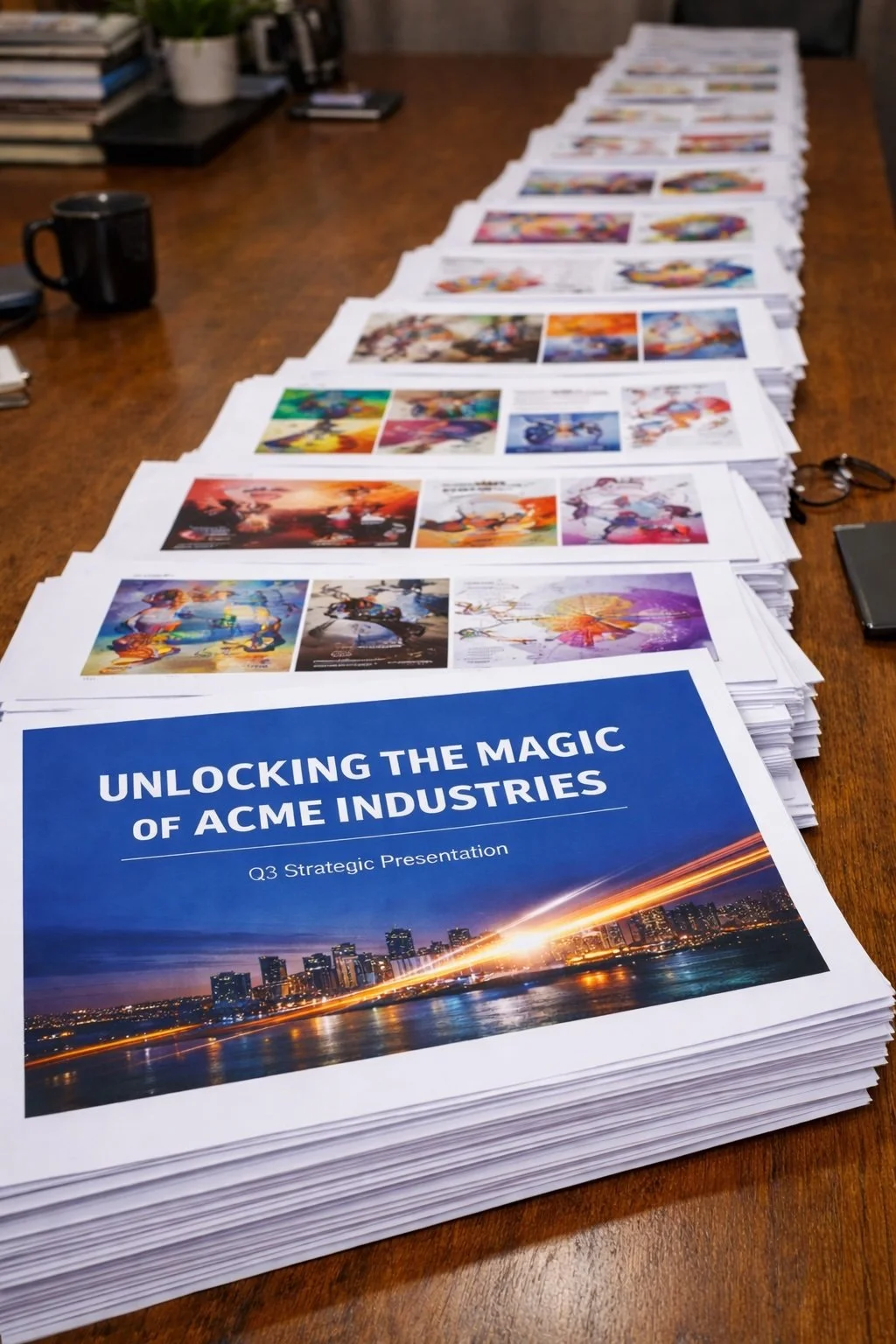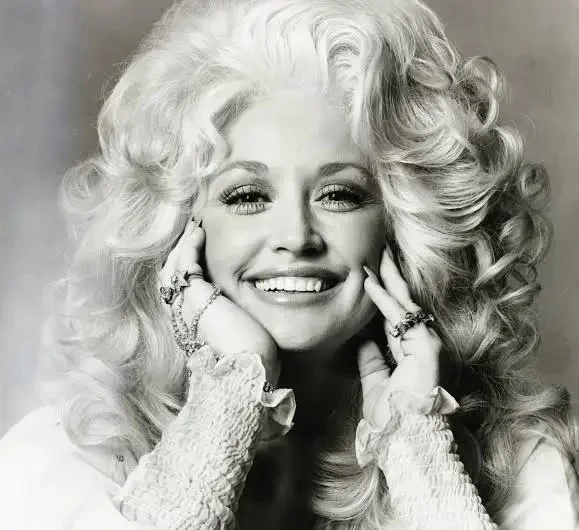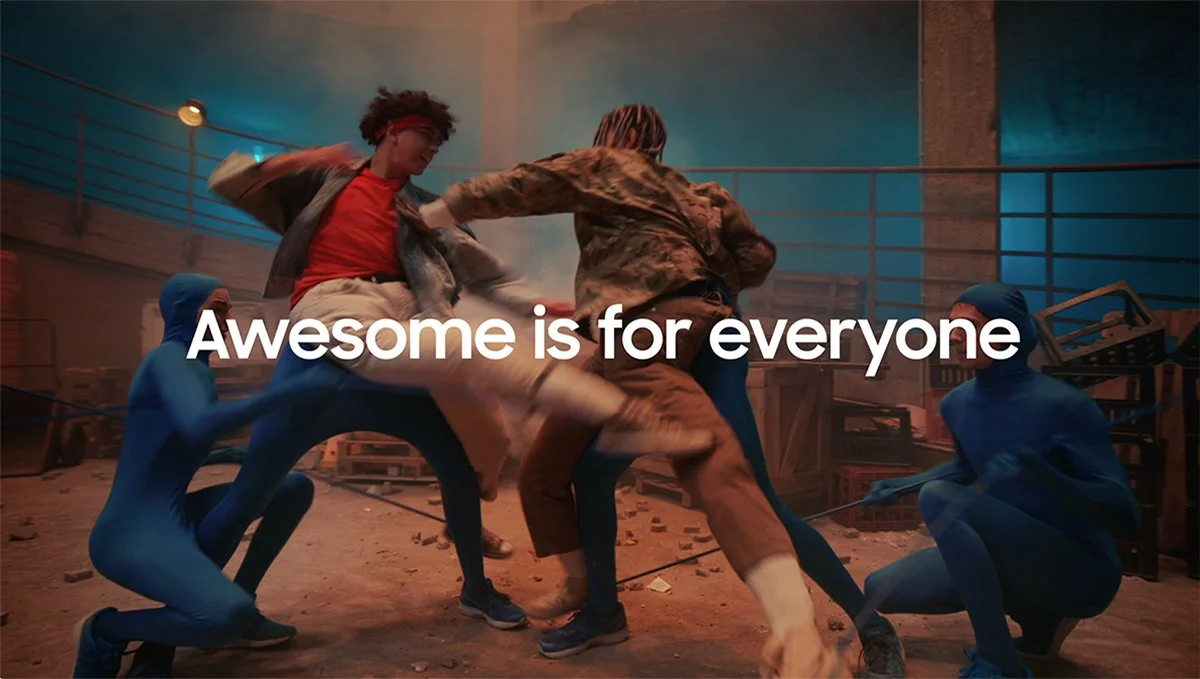How many brands and businesses I wonder, perform the promise rather than keep it, satisfying themelves instead with sending a double to the hard moment and hoping the audience won't notice the substitution? The airline that sells you a experience and delivers a call centre populated by underpaid contractors reading from a script at 11pm when your flight has been cancelled and all you need is a hotel. The hotel that puts "passion for hospitality" on its walls and a QR code on the table where a waiter used to be because they're "short-staffed tonight." The telco company that promises to make life simpler and whose customer service is a chatbot maze that would make Kafka proud. The bank that's all about being on your side and then restructures its branch network into oblivion. The food brand that tells you about its sustainable farming practices - knowing that there is no legal definition of "sustainable" as a marketing term.
AI-readability is simply a new stress test for an old discipline: say what you are, mean it, make it legible, and let your decisions prove it. I will never get tired of quoting Dolly Parton – "find out who you are, and do it on purpose ".
We know that brevity in strategy is not performative minimalism. So why the industrial scale slide-count?
The end of the year approaches, so I’m writing this as a way of finding out what I now know. After a whirlwind year of motion, decisions, change, and consequence, I needed to pause and reflect what actually changed in my work, my thinking, and my sense of self - and what the year taught me about doing it on purpose.
Like what do you do when your brand has become a prisoner of executional formula and wants accelerate growth with a real long-term brand platform?
That was the challenge facing Corona.
Brand problems? I’ve seen a few…
Like what do you do when being a single malt whisky with a deeply authentic, hundred-plus-year-old story of craft and tradition isn’t enough of a reason to buy in an ocean of whisky with deeply authentic, hundred-plus-year-old stories of craft and tradition?
Like how do you bid farewell to your most successful and arguably most valuable driver in a way that sets the team and its fans up for the next chapter once he leaves?
That was the challenge facing the Mercedes-AMG PETRONAS F1 Team.
Like what do you do when your business and brand has become so addicted to chasing short-term innovation uplifts that it’s allowed its core business to be eroded?
Like what do you do when a group of refugee ballet dancers in Amsterdam form a dance company and want to use their platform to highlight the horrors unfolding back home, while still selling tickets? Oh, and when it’s not an agency assignment, and the budget is virtually zero?
Like what do you do when you have a fractured global brand, communications, and marketing organisation, and are needing to support premium pricing while you aggressively expand distribution?












